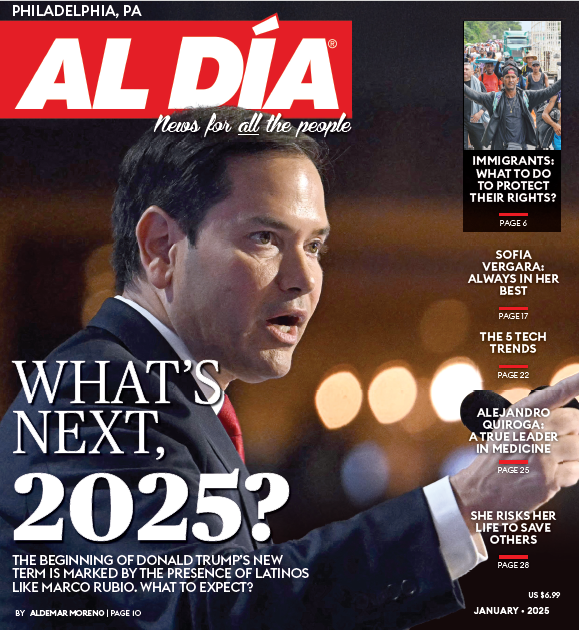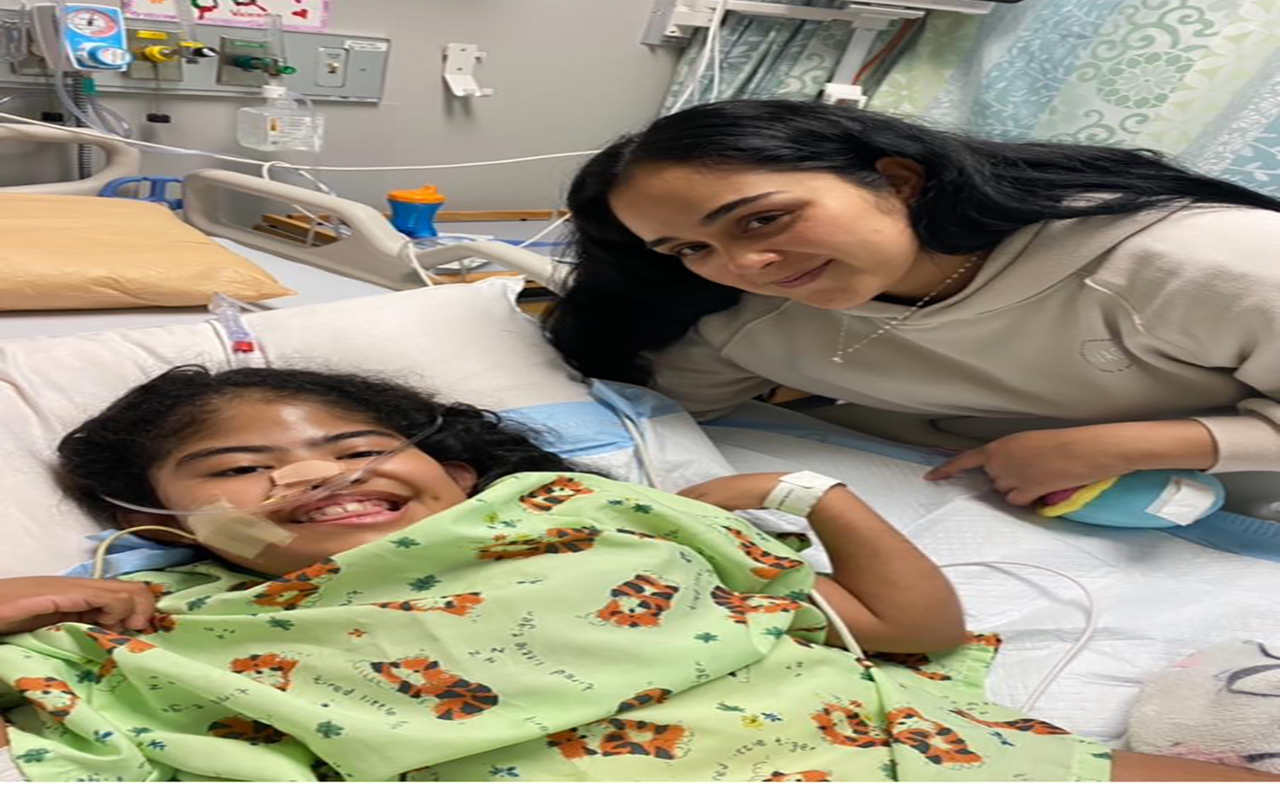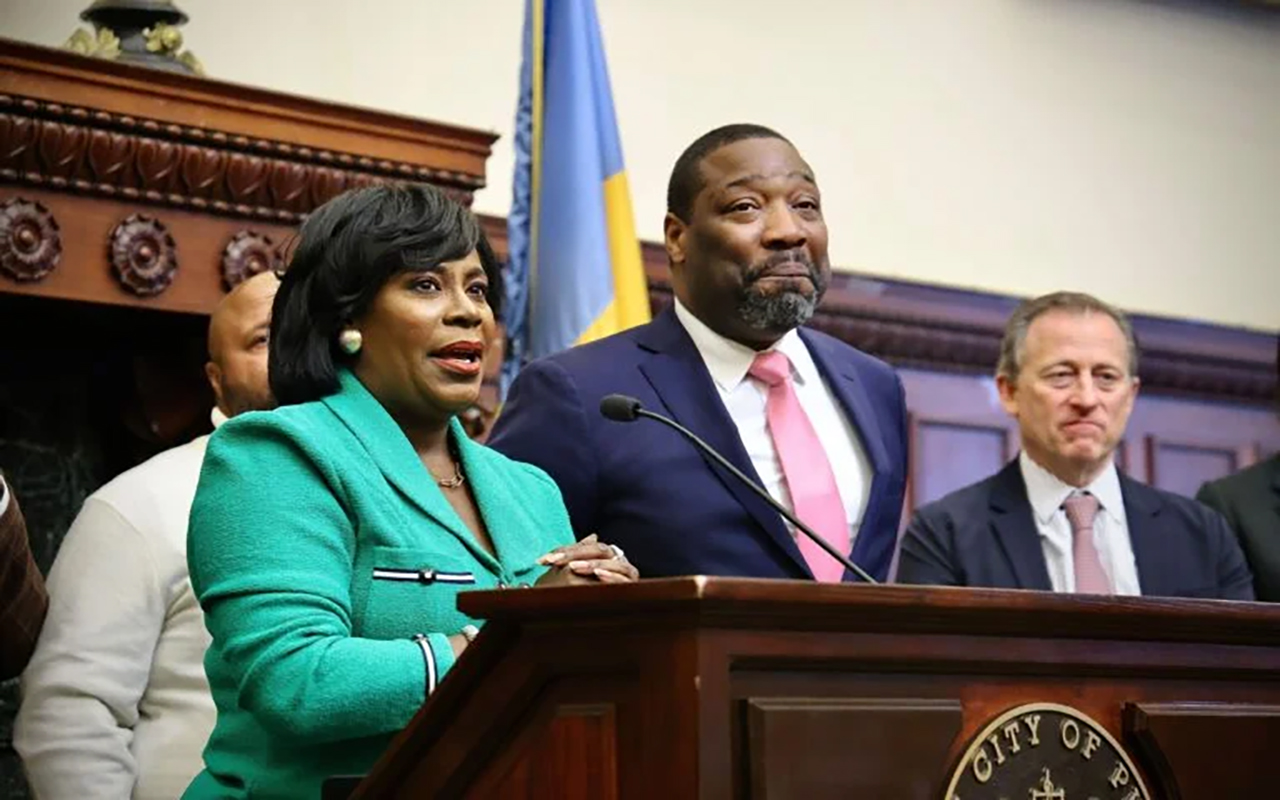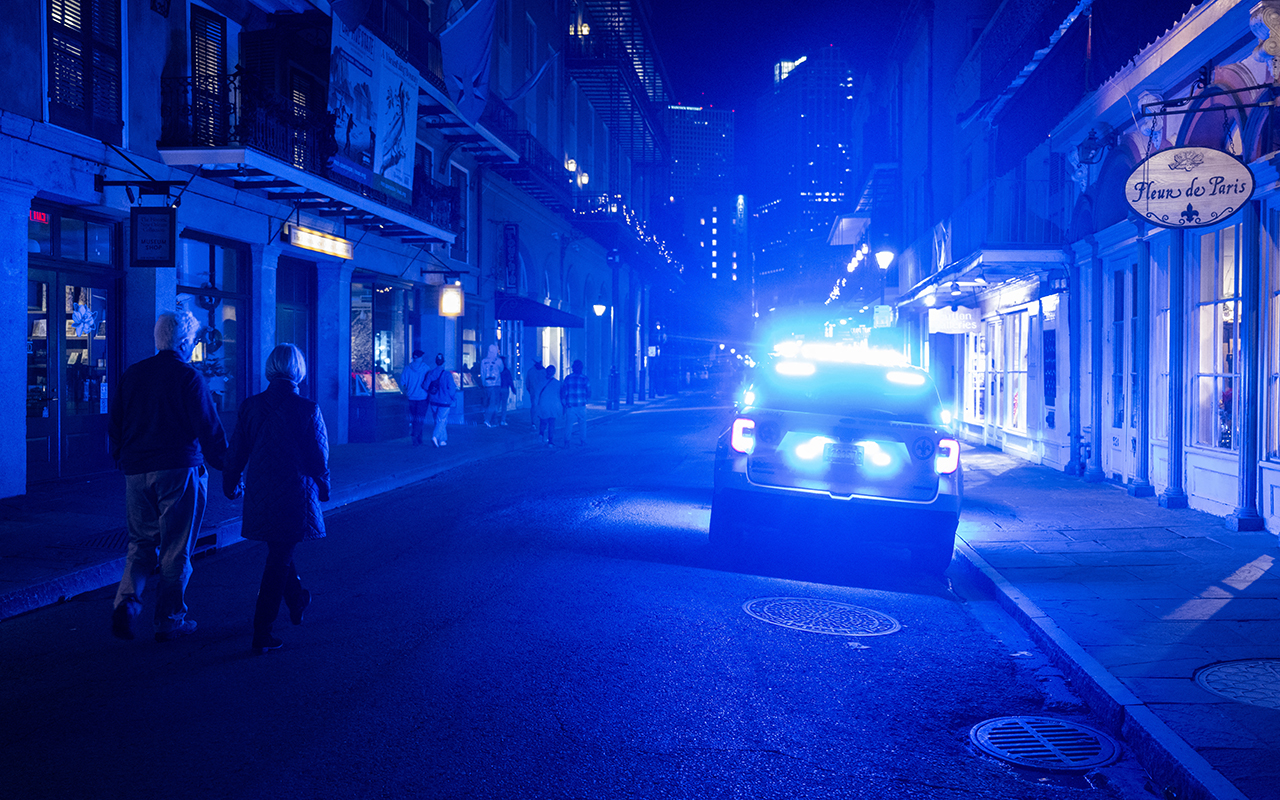
Creative Baggage, a Philly podcast about the importance of music education
Temple grads Serena Huang and Bailey Spiteri found issues throughout their own music ed experiences, and now talk about solutions.
Throughout the pandemic, particularly during quarantine, millions of people worldwide relied on media of all forms to cope with the isolation, fear, uncertainty, and pure boredom.
Whether it was Netflix films and TV shows, video games, books, or music, the world turned to creators to get them through the collective trauma of a global pandemic.
While it’s clear that the arts are a vital part of society, working in the industry can often be a struggle, and there continues to be a lack of adequate school programs for young people to express themselves creatively.
In an interview with AL DÍA, Serena Huang and Bailey Spiteri, co-hosts of the podcast Creative Baggage, spoke about the importance of music and arts education in their lives and how it is beneficial for all individuals.
Creative Baggage is a conversation-based show that “gives voice to the unspoken baggage of pursuing a career in the arts.”
Creative Baggage now has a Patreon! Become a member for access to exclusive After Hours Episodes and Deleted Scenes!https://t.co/Tk1PI643Du
— Creative Baggage (@BaggageCreative) July 6, 2021
Huang and Spiteri, both of whom are experienced flutists, talk to various artists and intellectuals to transform the concept of creativity.
The co-hosts officially met and became friends while attending Temple University, but coincidentally hailed from the same part of New Jersey and have had some of the same flute teachers.
Spiteri said their friendship was like a breath of fresh air, as there is typically a lot of “nastiness and competition” in the music performance world.
When the pandemic hit, both Spiteri and Huang were reevaluating their lives and career paths. Spiteri had just dropped her double major in music education to focus solely on performance, and she felt very discouraged about the future of music education in Philadelphia.
“So we decided to start recording some of our conversations, and that turned into Creative Baggage, basically. And on the podcast, we talk about a range of things that are worrisome to young, creative artistic people that are entering nontraditional work environments,” Spiteri said.
Episode 45 - "Art as Therapy" is available now on your favorite streaming platform! https://t.co/SxphJGMhh6 pic.twitter.com/NwT4UxtIb6
— Creative Baggage (@BaggageCreative) May 8, 2021
Both co-hosts have had “less than savory” experiences with music education programs at schools that were much more privileged than Philadelphia schools. So when they started taking notice of the substandard arts programs in the city, it became a main focus of the podcast.
“We’re really passionate about how no matter what you pursue in life, whether it’s [becoming a] doctor, lawyer, or scientist, creativity and artistic thinking is necessary, and we think it’s a human right to have that in your education,” Spiteri said.
Huang and Spiteri are very discouraged seeing many schools toss music and arts to the side. In elementary school, they witnessed how STEM took priority over the arts, and only the students who excelled in math and science were viewed as successful.
“But the truth is, it’s through these programs that kids are taught emotional intelligence, and especially in low-income communities, it’s so important to be taught how to process what you’re experiencing. But unfortunately, a lot of schools with the largest population of children that come from difficult backgrounds have the least amount of emotional wellness programs,” Spiteri said.
#UPDATE | "TEMPORARY THIS FRIDAY" is trending WW. The song is a collab between Lauren and Ad Council for “Sound It Out Together.” A campaign who uses the power and soul of music to help parents and caregivers better support their middle schooler’s emotional wellness. pic.twitter.com/gQoh8LPRW7
— Lauren Jauregui Updates (@LMJUpdates) April 28, 2021
Huang, who is based in Paris right now, explained the differences between music education in France and in the U.S.
While classical music and conservatories are more valued and often well-funded by the government in France, Huang noticed that most kids don't get exposure to instrumental instruction in public schools. So unless one comes from a musical family or one that signs them up for separate music classes, students are less likely to discover classical music on their own.
One of Huang’s favorite things about music education, when executed successfully, is that there is not as much pressure on excellence and achievement. There is plenty of room to make mistakes, and continue to grow while having fun along the way.
“It’s not about achieving instrumental, vocal or artistic excellence, it’s about thinking differently. For some kids, music is so much less intimidating and scary than other classes. It’s really about giving every child an opportunity to have something they can do well at and feel safe in,” Huang said.
For Huang, getting involved in music drastically improved her social well-being. When she moved to a new school district and had a band director who encouraged members to participate in after-school activities, it became easier for her to open up and make new friends.
“I had this sense of confidence that I had a thing, that I was creating something. And then all the little social awkwardness that you feel that is so zoomed in on when you’re in middle school and high school feels less serious, because I can go home and practice my flute and do my thing,” Huang said.
On the topic of advocacy, both co-hosts applaud the work that’s being done through grants and fundraising for quality arts education, but do take issue with the way in which the benefits of this type of education are framed.
RELATED CONTENT
Oftentimes, the push for arts education comes from the statistics that show schools with music programs have higher test scores. But Huang and Spiteri would rather the main focus be on emotional wellness, confidence, self-expression and enrichment.
"More benefits of music for children include learning cooperation, sharing, compromise, creativity, and concentration - skills that become invaluable as they enter school, face new challenges, and begin to form new friendships and develop social skills." pic.twitter.com/hrc9kgdLz2
— Anthropos Arts (@AnthroposArts) December 10, 2021
“The thing that's unique about us is, like our podcast, we advocate for these things, but we're advocating, you know, in a way that is not in any private interest. We just care what we find the most important, which is the well-being of the next generation of American kids,” Spiteri said.
When asked about what a quality music program looks like, both hosts agreed that money is important, but it should not be the center.
In Huang’s experience, she had a pretty well-funded music program, but she ended up quitting band in high school because it was no longer fun anymore.
“Even though, in middle school, that used to be the best part of my day. But when I got to high school, we didn’t have a program that felt welcoming, that felt healthy, even for someone who played decently well and knew all my notes and rhythms…I just didn’t have a good time,” Huang said.
Huang attributes this to the discouraging pattern that occurs when a school district has money to give to music programs. This tends to attract teachers who will win them trophies and the focus turns from fun and exploration to a strict competition mindset.
Broken Orchestra is a documentary by @charlie_tyrell about how Philadelphia students and educators responded to fixing damaged instruments after losing almost all the funding for its music-education programs in public schools. pic.twitter.com/qYWuy0XjPA
— Topic (@topicstories) February 17, 2020
Spiteri echoed this sentiment, saying that unless the principal of a school and the school board financially and emotionally support its music teachers, “you have nothing.”
In their view, the success of a music program does not stem from the amount of trophies won, but in the ways the community shows up to support the student musicians.
“Are people showing up to concerts? Are people enjoying the marching band and showing up to see it? Community support from all ends is what fuels the success, because when kids know that the whole town is showing up for them, they’re going to practice, they’re going to learn their notes, they’re going to find a way to fix their broken trumpet,” Spiteri said.
Philadelphia is a city rich in culture, but when it comes to art funding in the School District, it has plenty of "creative baggage."
Huang and Spiteri are very fond of two programs, Play on Philly and Project 440, which are actively bringing quality music education to Philadelphians.











LEAVE A COMMENT: